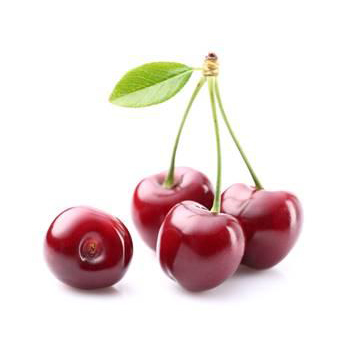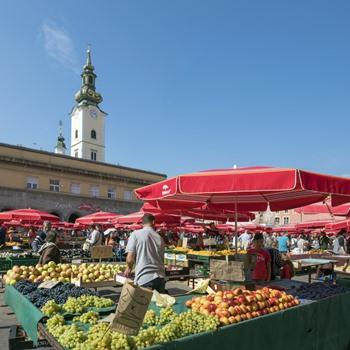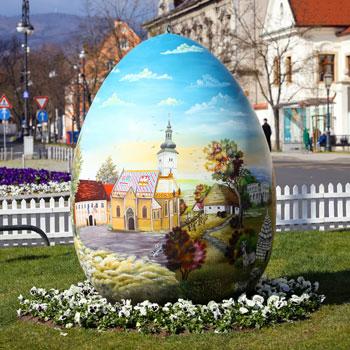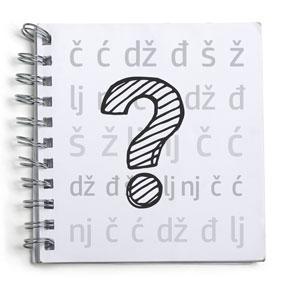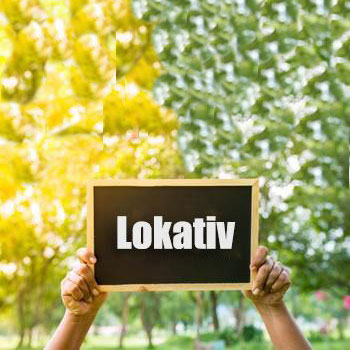General rules for forming plural nouns
Forming plural nouns in the feminine (ženski rod) and neuter (srednji rod) genders is very straightforward.
Feminine
The –a at the end of the word changes into –e:
kuća – house → kuće
žena – woman → žene
stolica – chair → stolice
Neuter
The final –o or –e in the word is always change into –a:
pivo – beer → piva
vino – wine → vina
sunce – sun → sunca
more – sea → mora
The rule for masculine (muški rod) is also generally simple, but with a few exceptions:
Masculine
In most cases the plural is formed by adding an –i at the end:
televizor – TV → televizori
prijatelj – friend → prijatelji
susjed – neighbor → susjedi
Some exceptions when pluralising masculine nouns
- For masculine nouns with only one syllable, we add the ending –ovi:
most – bridge → mostovi
stol – table → stolovi
trg – square → trgovi
- For the words which end in –k, the plural ending changes to –ci:
dječak – boy → dječaci
liječnik – doctor → liječnici
poznanik – acquaintance → poznanici
- A few common words don’t follow any of these rules, which it's best just to learn by heart. For example:
čovjek – man → ljudi – people
brat – brother → braća
kći – daughter → kćeri
dijete – child → djeca
- Masculine nouns of one syllable which end with a palatal consonant (i.e. č, ć, đ, dž, š, ž, lj, nj, j) receive the ending –evi:
nož – knife → noževi
miš – mouse → miševi
muž – husband → muževi
- Words which end in –ac, lose the final
–a and receive the ending –ci:
Amerikanac – American → Amerikanci
policajac – policeman → policajci
vatrogasac – firefighter → vatrogasci
A couple more exceptions which we'll deal with later ...
- A handful of feminine nouns end in consonants.
These nouns receive the ending –i in the plural such as:
bolest – sickness → bolesti
smrt – death → smrti
- Things get a bit more complicated one combines nouns with numbers (e.g. two tables or seven ducks)
That's enough for now ... for more exercises visit our blog post Croatian Grammar: Plural exercises! :-)
Exercise: Can you form the plural of the following nouns?
prijatelj
– friend →
Answer
prijatelji
prijateljica
– friend →
Answer
prijateljice
mlijeko
– milk →
Answer
mlijeka
miš
– mouse →
Answer
miševi
polaznik
– participant →
Answer
polaznici
šišmiš
– bat →
Answer
šišmiši
soba
– room →
sestra
– sister →
Answer
sestre
glumac
– actor →
Answer
glumci
vlak
– train →
Answer
vlakovi

